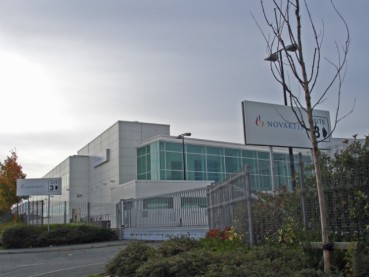Find out more about The Open University's Biology courses and qualifications
Delve through these articles to get started.
-
Cell membrane: The cell's city wall
Read now to access more details of Cell membrane: The cell's city wallWhy is a cell's membrane similar to a city wall?

-
Rough endoplasmic reticulum: The cell city's industrial park
Read now to access more details of Rough endoplasmic reticulum: The cell city's industrial parkWhy is a cell's rough endoplasmic reticulum similar to a city's industrial park?

-
Why cancer cells go to sleep: the mystery of cancer dormancy
Read now to access more details of Why cancer cells go to sleep: the mystery of cancer dormancyNew studies are challenging our understanding of the disease and teaching us more about dormant cells.

Study a free course
-
Understanding antibiotic resistance
Learn more to access more details of Understanding antibiotic resistanceAntibiotic resistance is a serious threat, compromising our ability to treat infections and increasing the risk of routine surgery. Resistant infections are increasing due to overuse of antibiotics and this has resulted in the emergence of 'superbugs' (bacteria resistant to multiple antibiotics). This free course, Understanding antibiotic ...

Rate and Review
Rate this article
Review this article
Log into OpenLearn to leave reviews and join in the conversation.
Article reviews